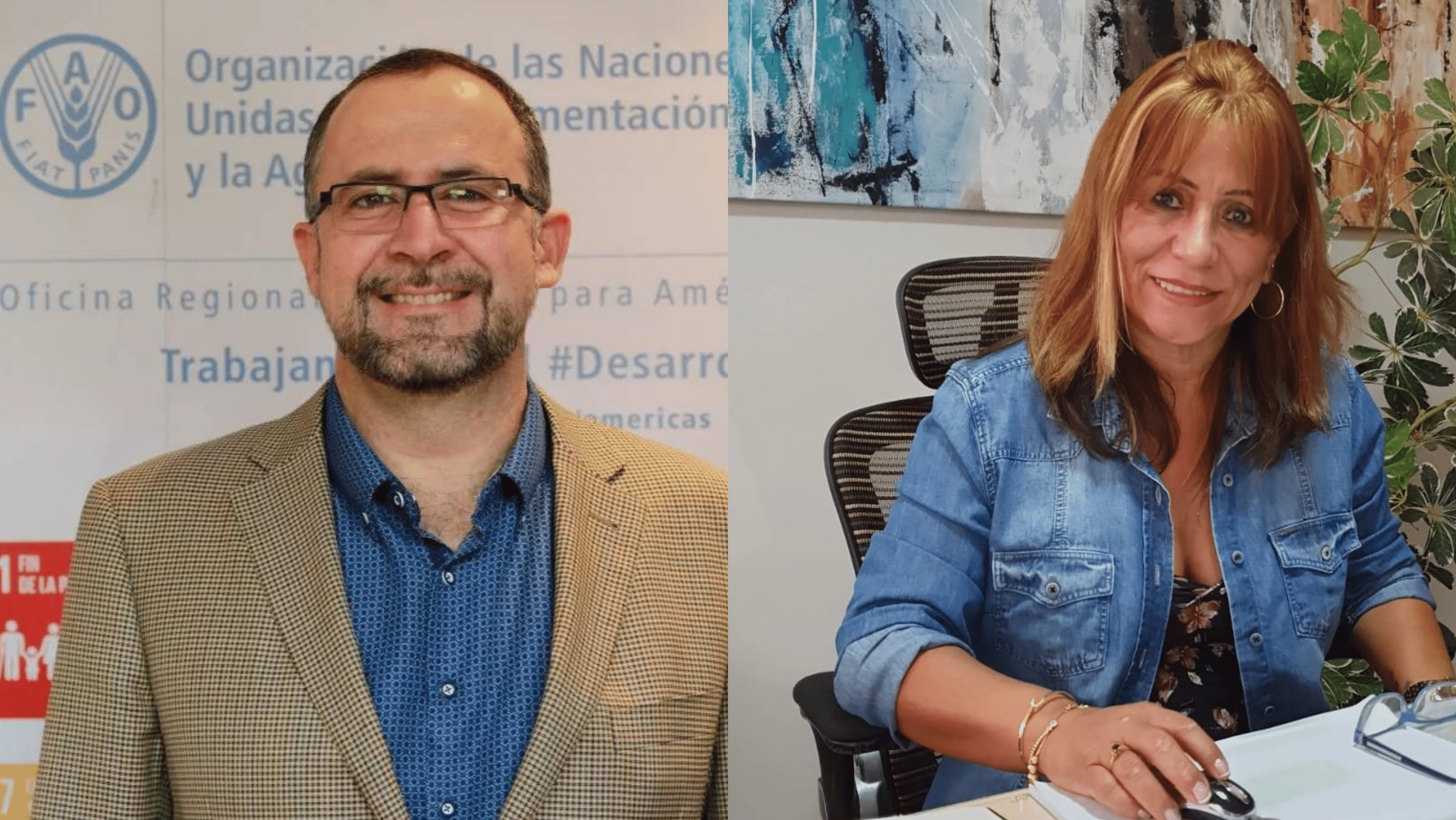School feeding programs benefitiates 85 millions students in Latin America and the Caribbean
Rafael Zavala* and Najla Veloso**
With the worsening of the economic crisis and food insecurity caused by the pandemic, the importance of policies and strategies for social protection and guaranteeing the human right to food became even clearer. With each new release of data on hunger and malnutrition in all its forms — nutrient deficiencies, overweight and obesity, we are faced with the harsh reality that an estimated 113 million people have not had access to healthy food. in Latin America and the Caribbean.
This data is even more worrying when we look at children and adolescents, who, according to the United Nations Children’s Fund (Unicef), face high rates of overweight in Latin America and the Caribbean. Currently, three out of 10 children and adolescents between the ages of five and 19 are overweight in the region.

In this scenario, school feeding programs, when well executed, guarantee access to healthy foods and encourage good eating habits for students and their families.
On March 10th, we celebrate International School Feeding Day to reinforce that in Brazil alone, the student population reaches almost 41 million students benefited daily. This number represents almost half of the 85 million students served by school feeding programs across the region.
The school feeding policy, present in more than 30 countries in Latin America and the Caribbean, serves between 20% and 25% of the populations and, due to its positive implications, has encouraged the government of Brazil, through the Brazilian Cooperation Agency (ABC/MRE) and the National Education Development Fund (FNDE/MEC), with the Food and Agriculture Organization of the United Nations (FAO), cooperate with national governments to strengthen school feeding programs systemically in the region.
The experience, which began in 2009, reflects more than a decade of international cooperation between FAO and the government of Brazil, with reference to the organization and structure of the Pnae, carried out by the FNDE/MEC, evidencing the virtuous circle that moves education, food security and nutrition, health and social development in several Latin American and Caribbean countries.
One of the lessons of the pandemic is that school feeding programs that prioritized the supply of local agricultural products were able to continue to bring food to students and their homes through the distribution of food kits to families. Instead of offering only dry and non-perishable products, access to eggs, fruits, tubers and other healthy foods was guaranteed. In many countries, the challenge of improving the quality of school meals persists, as processed foods are still distributed, purchased from distant locations, without prioritizing the acquisition of fresh products, such as fruits and vegetables, at the local level.
And to further strengthen this important work in the context of a pandemic, the Sustainable School Food Network (Raes) operates, facilitating collective construction, the exchange of experiences, dialogue and capacity development. Launched in 2018, Raes, promoted by the government of Brazil with the support of FAO, has been uniting countries around school feeding, promoting dialogue and advances at regional and national levels. To expand its capacity to exchange lessons learned and intensify regional actions, the Network launched a trilingual online platform: www.redraes.org.
Raes works from a rhizomatic perspective. Like the small underground stems of a plant that accumulate nutritious substances, this network has been nourished, accumulated and allowed the sharing of good practices and reflections between managers, generating efforts and changes towards the sustainability of school meals in each of the countries.
The transformation of food systems, economic recovery and the challenges posed to school feeding programs in face-to-face, non-face-to-face and hybrid systems, require working in a cooperative system and joining efforts.
To this end, the government of Brazil and FAO invite countries to compose and strengthen this networked initiative. The objective is to work for food programs to expand their coverage of students, the quality of the food offered, food and nutrition education actions, and the promotion of rural development based on the purchase of local products from family farming and, where possible, with food preparation in schools ensuring local sources of employment for women and men.
The perspective is that these dialogues and interactions between countries will nourish the changes that are to come and generate a culture of exchange and collective learning to solve the global challenge that is to feed, with quality and systematicity, the school population of our countries.
One of the priority points for RAES is the recognition of school meals as an agent of transformation of food systems to achieve better nutrition, better production, a better environment and a better life for all, without leaving anyone behind.
*Rafael Zavala is the Representative of the United Nations Food and Agriculture Organization (FAO) in Brazil
**Najla Veloso is the regional coordinator of the school feeding project of the Brazil-FAO International Cooperation






